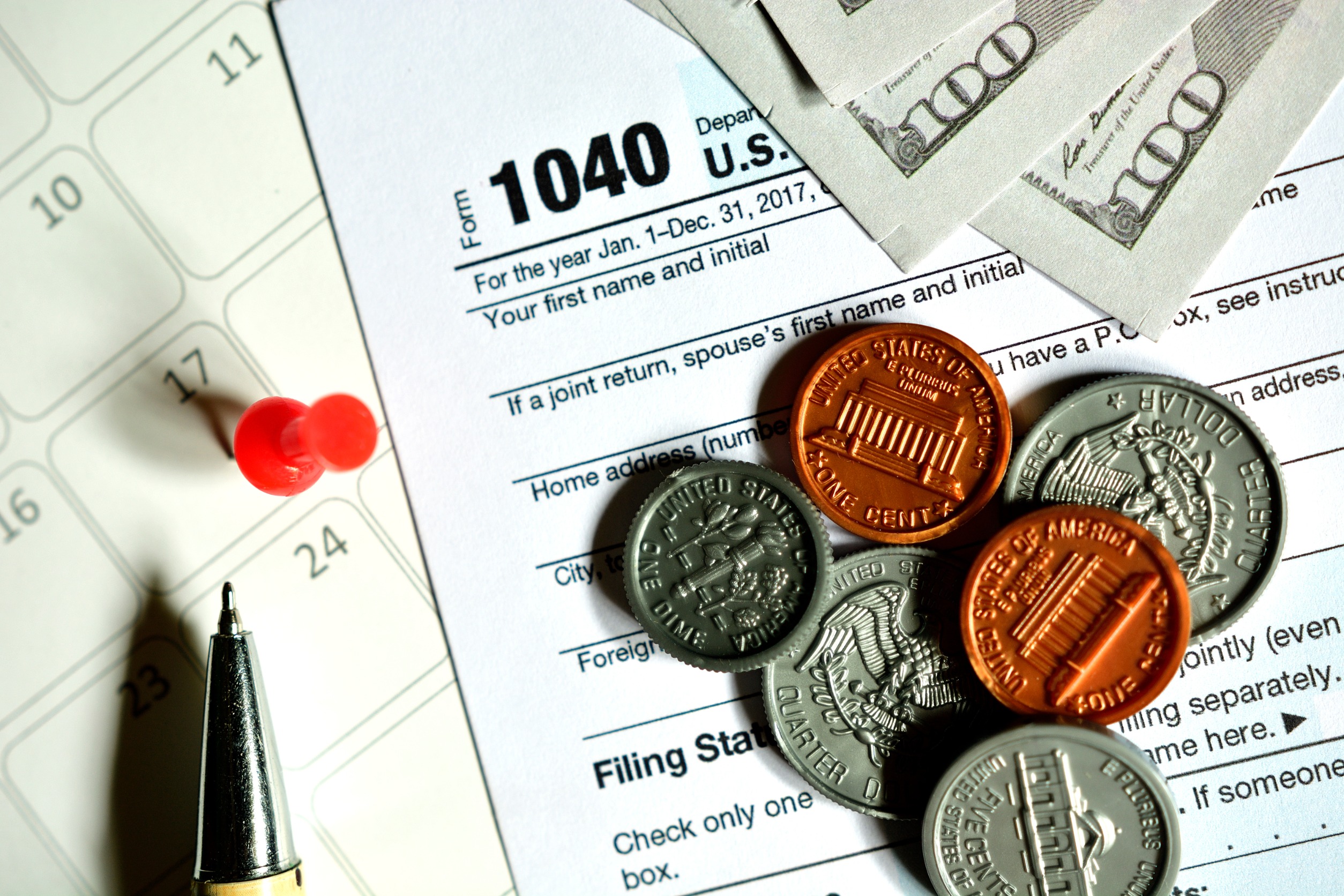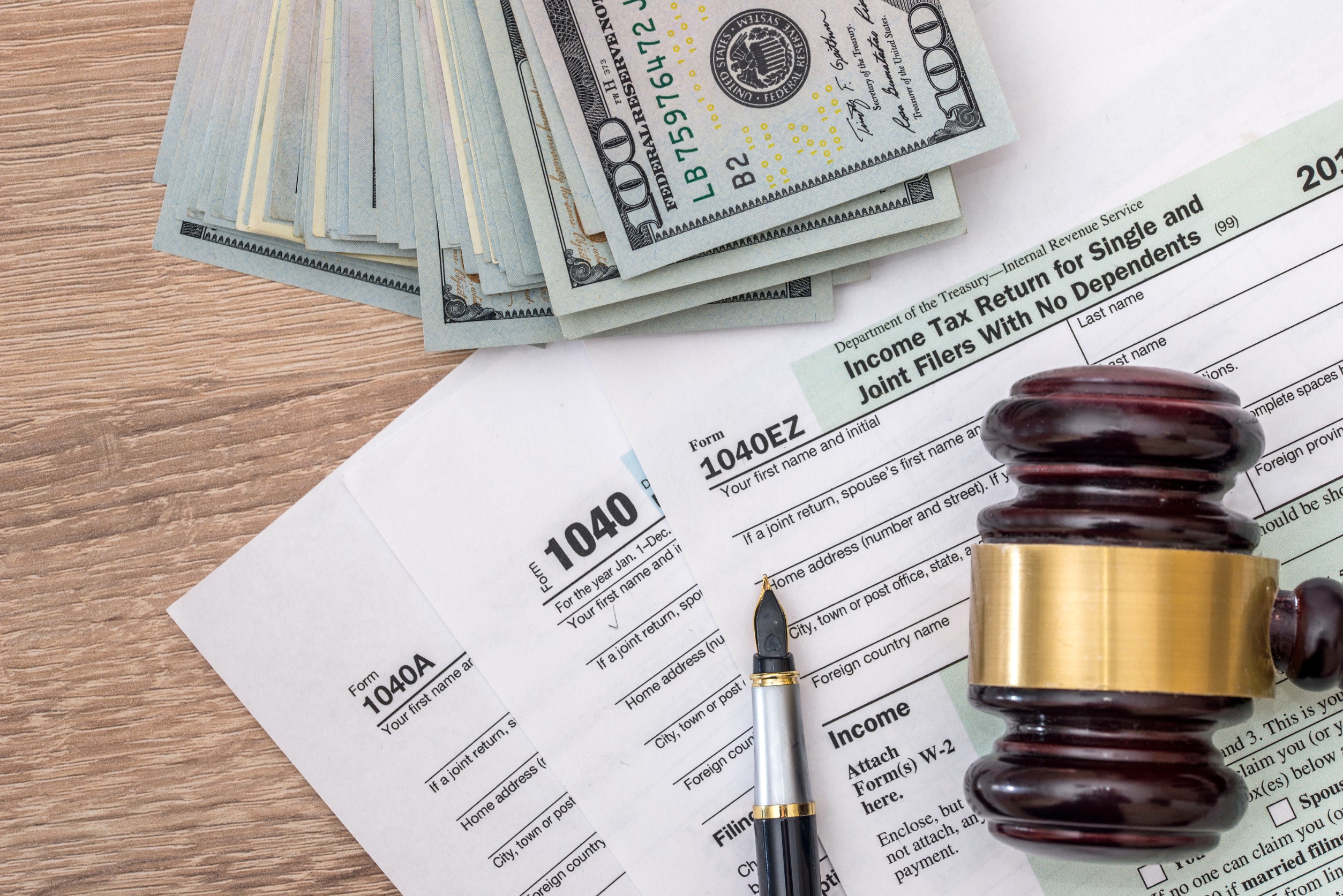
123rf
Filing your taxes doesn’t have to be a stressful ordeal. By implementing smart tax planning tips, you can simplify the process, reduce errors, and potentially save money. Whether you’re a seasoned filer or a first-timer, these practical strategies will help you breeze through tax season. Let’s dive into the eight tips that could transform your tax-filing experience.
1. Organize Your Financial Records Early
Tax season is smoother when you’re prepared. Gather documents like W-2s, 1099s, and receipts for deductible expenses well before the filing deadline. Keep your financial records sorted in labeled folders or a digital system to avoid last-minute scrambles. Staying organized prevents overlooked deductions and ensures you don’t miss any critical information. An early start gives you time to address any discrepancies or missing paperwork.
2. Understand Your Filing Status
Your filing status significantly impacts your tax liability. Options like single, married filing jointly, or head of household come with different tax brackets and benefits. If you’ve experienced major life changes, such as marriage or a new dependent, evaluate which status suits your situation best. Knowing your status also helps determine eligibility for credits and deductions. Choose the option that maximizes your tax advantages.
3. Take Advantage of Tax Deductions

123rf
Tax deductions lower your taxable income, so don’t leave money on the table. Common deductions include mortgage interest, student loan interest, and charitable donations. If you own a business, explore write-offs for office expenses, travel, and equipment. Consider whether itemizing or taking the standard deduction yields a better outcome. Keep thorough records to substantiate your claims if audited.
4. Explore Tax Credits for Bigger Savings
Unlike deductions, tax credits directly reduce your tax bill. Look into credits such as the Child Tax Credit, Earned Income Tax Credit, or education credits like the Lifetime Learning Credit. These credits can significantly decrease what you owe or even increase your refund. Some credits are refundable, meaning you might get money back even if you don’t owe taxes. Familiarize yourself with eligibility criteria to make the most of these opportunities.
5. Contribute to Tax-Advantaged Accounts
Tax-advantaged accounts, like 401(k)s, IRAs, and Health Savings Accounts (HSAs), are powerful tools for reducing taxable income. Contributions to these accounts can lower your tax liability while helping you save for retirement or healthcare. Maximize your contributions if possible, especially if your employer offers matching funds. These accounts also provide long-term benefits, making them a win-win strategy. Review annual contribution limits to optimize your savings.
6. Stay Updated on Tax Law Changes

123rf
Tax laws evolve frequently, and staying informed is crucial to avoid surprises. Changes may affect deductions, credits, or filing deadlines, so consult trusted sources or a tax professional. Online tools and government websites often publish updates to keep taxpayers informed. Being proactive helps you adjust your strategy and ensures compliance with new regulations. Knowledge is your best ally in efficient tax planning.
7. Consider Hiring a Tax Professional
While DIY tax filing is tempting, complex situations may benefit from expert advice. Tax professionals can identify opportunities for savings, ensure accurate filings, and handle IRS communication. They’re especially helpful if you own a business, have multiple income streams, or have experienced major life changes. The investment in professional guidance often pays off through reduced stress and better financial outcomes. Choose a reputable preparer to ensure quality service.
8. File Early and Avoid the Last-Minute Rush
Procrastination adds unnecessary stress to tax season. Filing early gives you ample time to double-check your work, avoid errors, and address potential issues. Early filers are also less likely to encounter processing delays or fall victim to tax-related scams. If you’re expecting a refund, submitting early means you’ll receive your money sooner. Make it a habit to tackle taxes well before the deadline.
Simplify Tax Season with Smart Planning
Tax season doesn’t have to be chaotic. By adopting these tax planning tips, you can stay organized, maximize savings, and file with confidence. Whether you’re leveraging deductions, exploring credits, or seeking professional advice, a little preparation goes a long way. Start early, stay informed, and make tax season a breeze. The effort you invest now will pay off in a stress-free and successful filing experience.

Leave a Reply